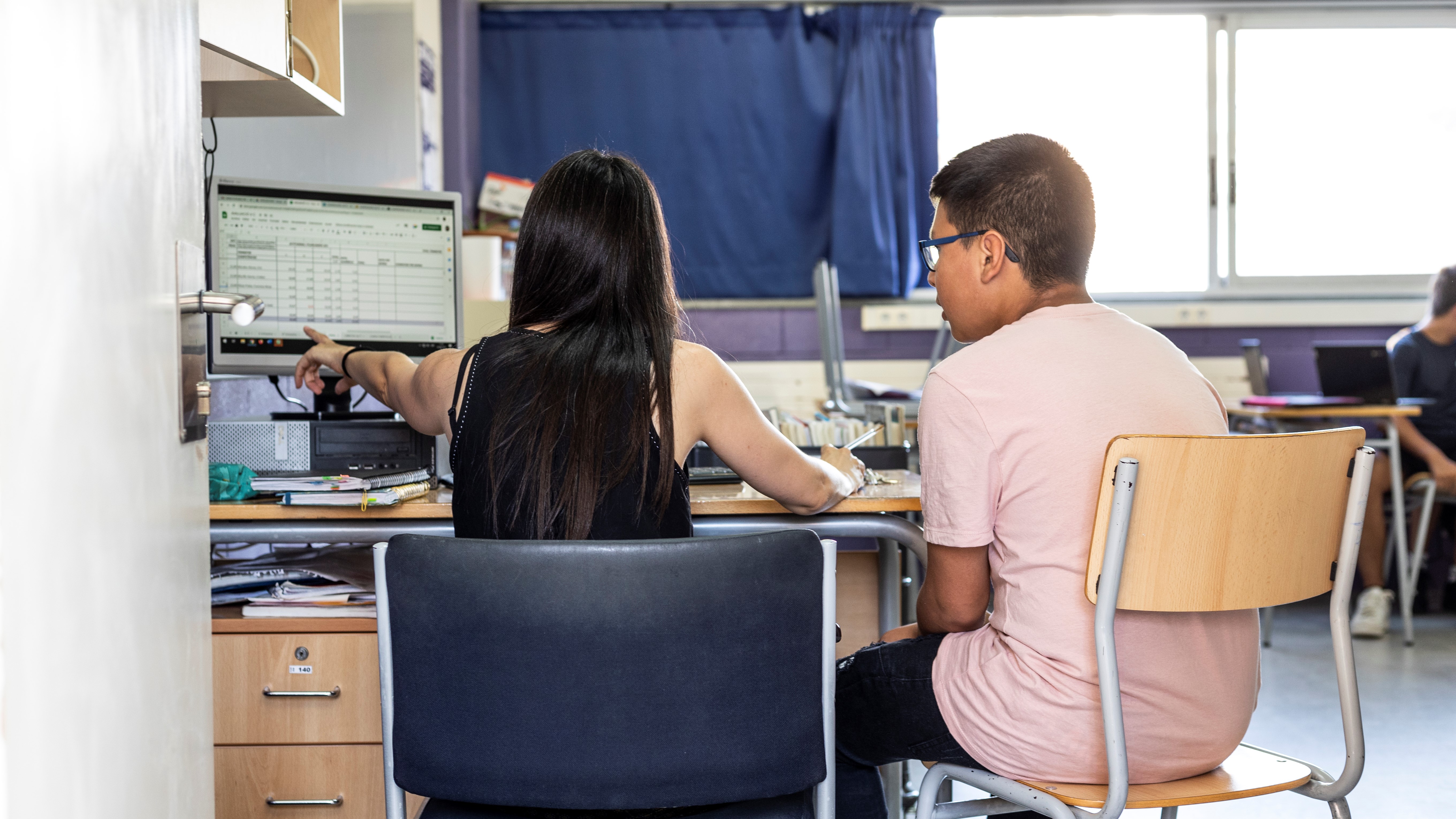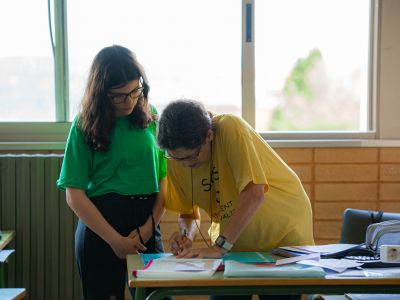The Covid19 crisis must advance the cause of Mentoring
31/08/2022

The Covid19 health crisis has had a lasting impact on our societies. This is by nature, particularly visible in the health field, where professionals and equipment are tested. It is also true in economic matters where a majority of States had to take support measures in the face of supply and production failures in various fields. On the one hand, it is said of the European Union that it only progresses through crises - I claim it does not, but let's admit that it is useful - on the other hand, on this occasion, it has taken the full brunt of the naivety with which it had subcontracted its industry and resources, to the point of being dependent in certain vital sectors.
The advantage is that in response, strong measures were taken, including support for research, a recovery plan and an assumed strategy of seeking autonomy.
But in addition to the visible, the Covid19 pandemic risks having long-term effects in sectors that require a great deal of attention. Education is one of them, because it is a fundamental vector of socialization values.
During the most difficult moments of the pandemic, I mean the lockdowns, most of the schools were closed, depriving students of their links with their teachers and the wider educational community. Unesco estimates that during this period, 850 million pupils and students in 100 countries around the world did not attend classes. Many students gave up their efforts and dropped out of the education system, with the risk of being permanently excluded.
At that time, mentoring showed in a decisive way how useful it can be even in times of crisis.
Mentoring is the implementation of a fairly simple principle, whereby for a few hours a week, a mentor accompanies a student who is experiencing academic difficulties. The students thus benefit from personalized, quality support that is different from that of the school or the families. It creates a link between people whose paths might never have crossed, with the idea that they understand each other better. It is not only a way to do tutoring but also to share experiences, to be present for young people on a moral and emotional level. It is a powerful way to exchange between people from different backgrounds and to fight against inequalities.
During the pandemic, thanks to mentoring, many students deprived of education, at risk of dropping out, benefited from the commitment of the sector's associative actors and were able to stay afloat before returning to traditional learning.
Let's imagine that the most violent period of health crisis is behind us, the need for mentoring remains.
That is why we are several MEPs determined to defend this idea and practice, based on the principle that if we want to give Europe a future, education has a major role to play in building a better, fairer, more sustainable and more inclusive society.
The European Union must invest in education beyond what it does today and stop hiding behind the division of competences jealously guarded by national governments.
Currently, only the Erasmus+ program funds mentoring . This is insufficient; it must be integrated into the multi-annual financial framework and benefit from dedicated funding that will allow for better recognition and the development of dedicated associative networks.
The President of the French Republic once said that "it is hard to be 20 years old in 2020". Yes, it is hard! It is also hard when you are a child or a teenager and you feel like you are part of a sacrificed generation.
Our moral obligation is not to let youth be sucked into a pit of anxiety about the future. This mortgage must be lifted with political leaders who take a strong hold of the issue and give a visible public response, supporting the actors of mentoring and especially NGOs. I will continue to work on this.
